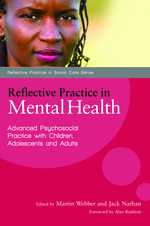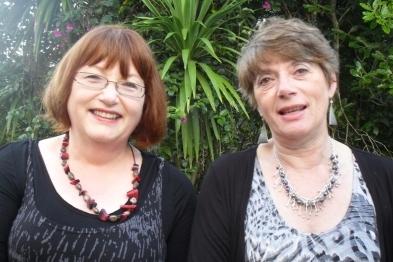Working with Suicidal Individuals – An Interview with JKP author Tony White
“There is a group of people who have made what is known as the suicide decision in childhood. From a psychological point of view this person could be considered the ‘truly’ suicidal person. Their psychological make up is structured such that suicide is a viable option for them to solve difficult problems at some point in their life. These people can be treated such that they can make a change to that early suicide decision and thus the likelihood of suicide being used as a problem solving technique in the future is greatly reduced.”









